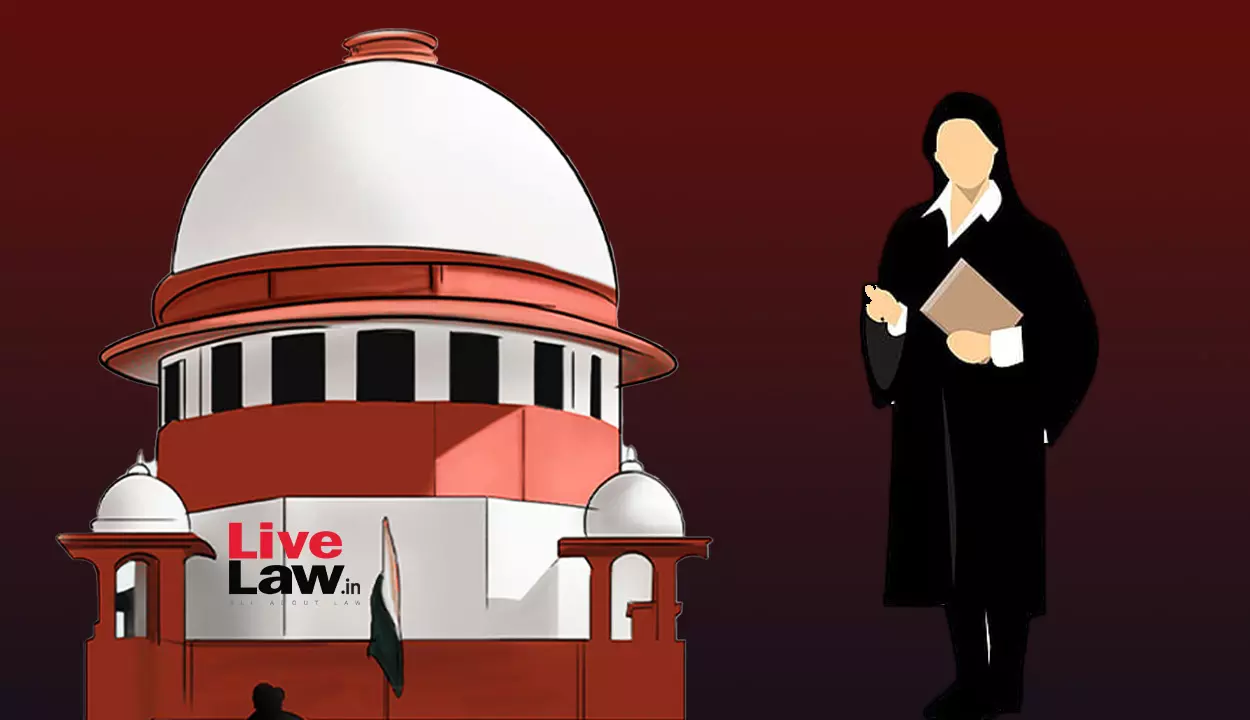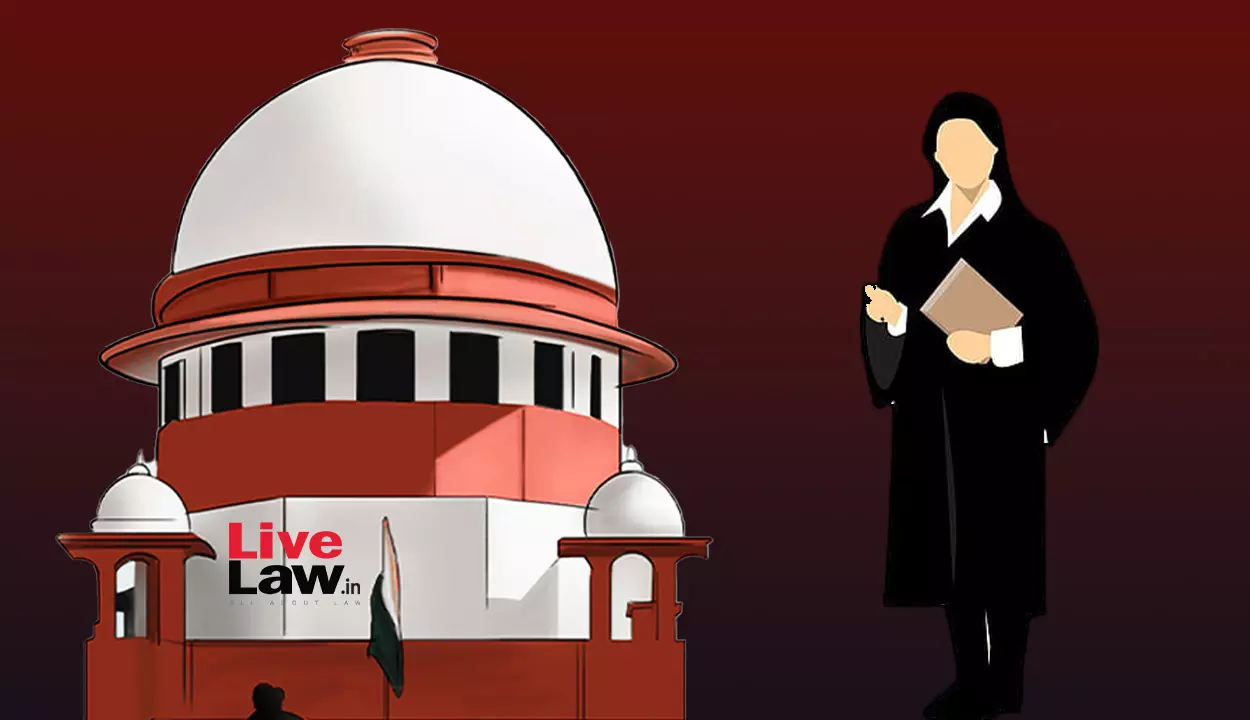AG & SG Oppose Bar Bodies’ Suggestion For Magistrate’s Approval; Supreme Court Reserves Judgment


The Supreme Court on Tuesday (August 12) reserved judgment in the Suo Motu case take over the issue of investigating agencies issuing summons to advocates over the legal advice given to their clients.
The Court indicated that it will lay down guidelines to ensure that the independence of the legal profession as well attorney-client privilege is not breached.
A bench comprising Chief Justice of India BR Gavai, Justice K Vinod Chandran and Justice NV Anjaria was hearing the Suo Motu case titled “In Re : Summoning Advocates Who Give Legal Opinion or Represent Parties During Investigation of Cases and Related Issues”.
Attorney General for India R Venkataramani, Solicitor General of India Tushar Mehta, Senior Advocate and Supreme Court Bar Association President Vikas SinghSupreme Court Advocates-on-Record Association President Vipin nair etc., submitted their suggestions. Senior Advocates Siddharth luthra, Vijay Hansaria, Amit Desai, Ranjit Kumar etc, appearing for different bar associations, also gave their suggestions.
One suggestion put forth by the bar bodies is that a summons to an advocate should be issued only after the approval of a Judicial Magistrate. Vikas Singh cited the Jacob Mathew case, which held that FIRs against doctors in medical negligence cases can be registered only after a preliminary examination by an expert committee comprising doctors. He suggested adopting a similar measure with respect to the summons to advocates, with the Magistrate exercising oversight.
Solicitor General Tushar Mehta however opposed this suggestion, saying that it would amount to creating a special protection for a class of persons, which would violate the principle of equality under Article 14. CJI BR Gavai said that, going by the SG’s argument, even the Jacob Mathew judgment would violate Article 14, as a special procedure was laid down with respect to medical professionals. “Have you sought review of Jacob Mathew?”, CJI asked to which the SG replied in the negative.
Attorney General also objected to the suggestion for Magisterial oversight, saying that it will amount to giving a “long rope.” AG also said that in-house counsel, General counsel etc, will also get the same privileges as a lawyer.
SG also said that a lawyer who is directly involved in a crime cannot claim any protection. CJI agreed, saying that the Court is only dealing with the issue of summoning advocates over their legal opinion.
During the hearing, SG also stated that the conduct of the lawyers across the country is not the same as the lawyers of the Supreme Court, suggesting that the presence of criminal elements in the bar cannot be ruled out.
“Please do not judge our conduct with the SC standard,” SG said. However, Luthra took objection to this statement, saying that he also started as a trial lawyer. Hansaria and Ranjeet Kumar also objected to the SG’s statement.
SG said that while the Court is contemplating pan-India guidelines, it may also keep in mind the scenario in the countryside. “My lords may lay down the law for everyone, but keeping the country scenario in mind,” he said.
On the last hearingthe SCBA, the SCAORA and other bar associations submitted to the Court that any summons issued to a lawyer should only be after a magistrate’s approval, and it should not be prima facie assumed that the fees received for the legal advice are from the proceeds of crime.
The suo motu case followed the controversy created by the action of the Enforcement Directorate in issuing summons to two Senior Advocates- Arvind flat and Pratap venugopal. Following the protests by the bar associations, the ED withdrew the summons issued to the lawyers and issued a circular stating that summons to lawyers cannot be issued without the prior permission of the ED Director.
Later, a bench comprising Justice KV Viswanathan and Justice NK Singh expressed concerns over the trend of police and investigative agencies summoning advocates, and referred the matter to the Chief Justice of India. This development happened in a case where the Gujarat Police summoned an advocate who represented an accused. Staying the notice issued to the lawyer, the bench observed that summoning advocates will undermine the independence of the legal profession and consequently impact the fair administration of justice. Following the intervention by Justice Viswanathan’s bench, the suo motu case was registered on July 4.
Case : In Re : Summoning Advocates Who Give Legal Opinion or Represent Parties During Investigation of Cases and Related Issues | SMW(Cal) 2/2025

